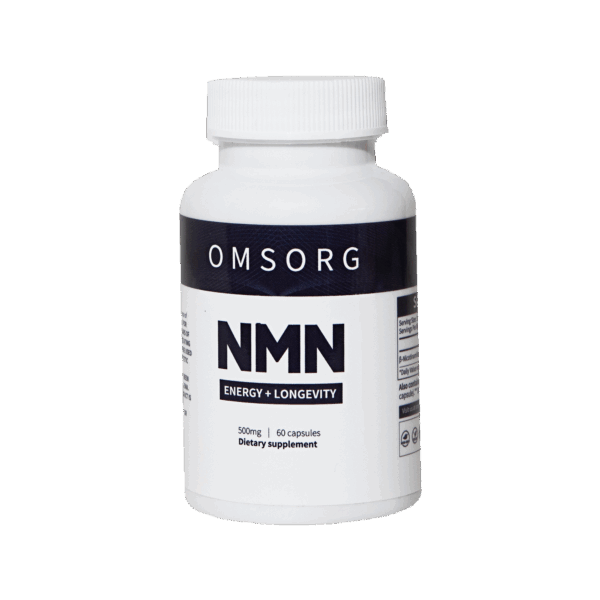Free standard shipping on orders over AUD 100 / SGD 90 / NZD 100



Probiotics have long been celebrated as a cornerstone of digestive health, but their benefits extend far beyond the gastrointestinal tract. These microscopic organisms, primarily composed of bacteria and yeast, contribute to overall well-being by supporting a balanced gut microbiome, enhancing immune function, and even influencing mental health. A daily intake of probiotics can pave the way for sustained vitality and health.
Probiotics are live microorganisms that, when consumed in adequate amounts, confer health benefits to the host. Commonly found in fermented foods like yogurt, kefir, sauerkraut, and kimchi, as well as in dietary supplements, probiotics primarily consist of strains of Lactobacillus, Bifidobacterium, and Saccharomyces. These beneficial organisms coexist harmoniously with the trillions of microbes already residing in our bodies, collectively forming the gut microbiome.
One of the most widely recognized advantages of probiotics is their role in enhancing digestive health. Probiotics help maintain a healthy balance of gut bacteria, which is crucial for optimal digestion. They can alleviate symptoms of gastrointestinal disorders such as:
The gut microbiome plays a vital role in immune defense. Daily probiotics strengthen the gut barrier, preventing harmful pathogens from entering the bloodstream. Key benefits include:
The gut-brain axis—a bidirectional communication system between the gut and the brain—has become a focal point in understanding mental health. Emerging research suggests that probiotics may influence neurotransmitter function, thereby aiding:
Probiotics offer benefits for the skin by reducing inflammation and promoting cellular repair. They are particularly effective in managing conditions such as acne, eczema, and rosacea. A healthy gut often translates to a glowing complexion.
Probiotics may assist in weight control by influencing appetite regulation and reducing fat storage. They help maintain a healthy metabolic rate and curb cravings for unhealthy food.
Certain probiotic strains, such as Lactobacillus plantarum, are linked to reduced cholesterol levels and improved heart health. They also play a role in regulating blood pressure and maintaining cardiovascular integrity.
Adding probiotics to your lifestyle can be effortless. Here are simple ways to do so:
While probiotics are generally safe for most people, it is always advisable to consult a healthcare professional, especially if:
Daily probiotics act as a cornerstone of holistic health, offering benefits that span digestive function, immune strength, mental clarity, and beyond. By integrating probiotics into your routine, you can foster a balanced gut microbiome, improve your quality of life, and support long-term well-being. Start today and let the power of probiotics transform your health journey.
References: